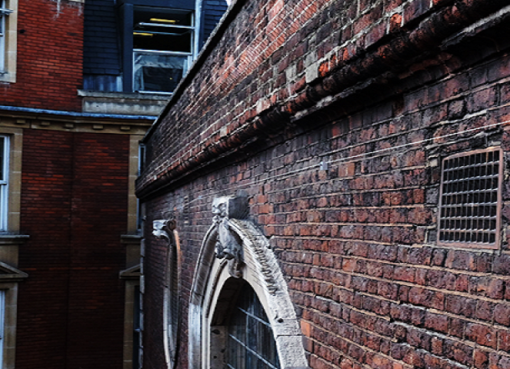Caught in the middle of harsh economic realities, the nation’s real estate sector is witnessing a worrisome trend as developers and investors continue to bow to market forces, thereby reducing the quality of housing deliveries.
Construction materials alone constitute over 70 per cent of the cost of housing delivery, especially where low- income households are concerned and over 50 per cent of the materials are imported.
Building materials like steel, cement, aluminum form the main factors that restricts the supply of housing and ascertained that they account for about 65 per cent of the cost of buildings.
We gathered that the situation is getting worse with the continuous slump of Naira amongst other currencies, which made imported building materials costlier.
Many have to sell attractive packages and benefits to prospective buyers, which include installment payment plans.
Some of these antics include using inferior tiles, sub standard sanitary wares and even poor railings for aluminum windows as well as poor paints that can easily fade away.
First Vice President of Nigeria Institute of Builders (NIOB), Kunle Awobodu, said the situation is worrisome and needed urgent intervention.
According to him, what actually determines the market forces in the sector is the demand and supply.
“When you juxtapose the demand for houses or for buildings being constructed or have been constructed with the supply, you will see currently that the demand is not equated with supply.
“So there is a glut. As a developer, when you see a reduced demand for your projects, there is a tendency for you to lower the price so that it will be affordable for potential buyers.
“In the process of lowering the cost of production, quality is compromised.
That is what is happening all over, in Lekki, Abuja and different parts of the country, where construction of homes are going on now.
Awobodu stressed further that many people, who are investing in the sector have a primary objective of making profits.
“When you have a situation where your finance is tied down by prolonged dealing in procurement of that your building.
Invariably, developers must find a way to cut corners so as to be to competitive”, he explained.
They will do POP trying to make it attractive. That is the problem, we are having, nobody in government.
Agency or organisation is supervising developers and there is no entry requirements for developers.
“So it is a free for all entry. There is no regulations guiding such ventures, there is therefore the tendency for people to cut corners, thereby lowering quality.
“Lowering quality does not mean that the building will fall but it is a matter of longevity.
Every element of a building is to give a purpose. Your tiles, doors, sanitary wares, they should be there for a long time.
“Some of the reason may be that there was no proper planning, when your architectural designs are in conflict with your capital maybe there was no proper calculation, you found out that when you are constructing you come to a fix and have no choice than to lower quality.”
Expressing surprise over the antics of developers, who come out with such packages like a ridiculous prices for houses in Lekki, Ogunniran said the amount being offered in some areas could not cover the price of land, hence the need for prospective buyers to be careful.
President , Nigerian Institute of Architect (NIA), Adibe Njoku, said the situation portrays a dangerous scenario in the construction industry.
If a developer engages an architect for design, the architect ensures correct materials are used.
According to him, with proper planning, developers can always recover their building costs without compromising safety only that it may take more years.
An Abuja based developer and former president of Real Estates Developers Association (REDAN), Mr. Emmanuel Afolayan, however said the situation is being fuelled by the dwindling economic fortunes, which has impacted on the purchasing powers of an average Nigerian customer .
On the issue of monitoring, Afolayan said there is no state in Nigeria where there is no agency to monitor housing developments.
What has happened, he said, is that government is not adequately funding these agencies to be able to perform their responsibilities.
“With the increasing constructions and development coupled with population explosion, these agencies are overwhelmed and governments are not improving the funding to the agencies saddled with responsibility of monitoring developments.
“For example in Abuja, there is a development control agency but the staff strength is low and the vehicles at their disposal are meagre that they cannot carry out their responsibilities with the level of development in the outskirts like Kubwa, Karimu and Airport road”, he added.
Afolayan stressed further that no reasonable member of REDAN as an association of professionals who want to make profits will involved in these sharp practices , because they have to depend on the goodwill built over the years to survive the glut in housing market.











17 thoughts on “High construction costs contribute to poor quality housing projects”